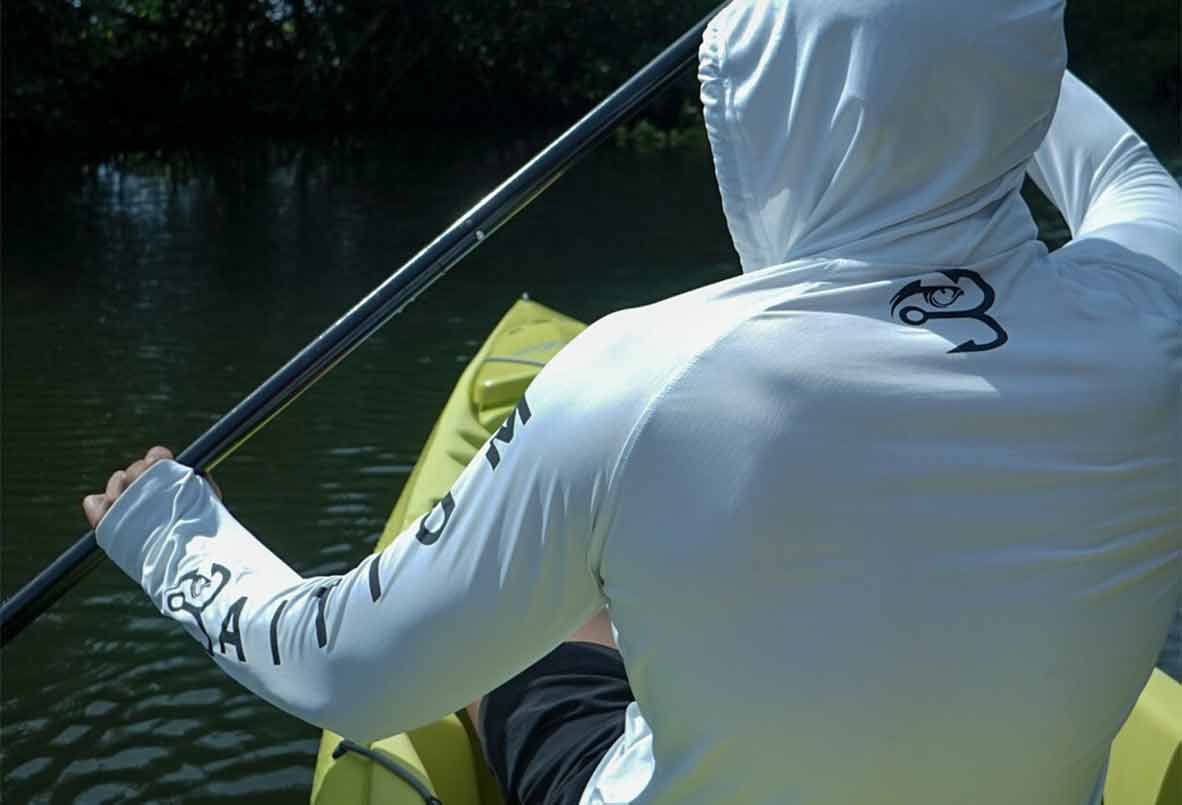Table of Contents
Getting a fishing license is one of the first things you need to do if you want to go fishing in the United States. Basically, a fishing license is a document that lets you fish legally in a certain area.
All fifty states and the District of Columbia allow fishing in state waters and the saltwater around them. But each state has its own rules, requirements, and fees for getting a fishing license.
Some states, for example, require everyone over 18 get a fishing license, while others only require people over 18 get one. In some states, there are also different rules for people who live there and people who don't. Most states let you fish all year long, but there are some rules that say you can't catch certain kinds of fish, and how much you can catch. There are also licenses for fishing for just one day, a short period of time, a year, or for life.
When planning your fishing trip, it's best to find out what you need to get a fishing license, how much a fishing license will cost, and what the fishing rules are in the area.
Findlaw has a good summary of fishing laws by state, including what licenses and registrations are needed, how much they cost, and when the fishing season starts and ends.
But you can also use this NOAA Fisheries page to get in touch with your regional fishing permit and license coordinator for more information and any recent updates.
Why do you need a license to fish, anyway?
Fishing licenses do more than just keep you out of trouble with the law, though. Even though it seems strange and counterintuitive, their main goal is to protect fish.
For one, many fishing licenses limit the species and amount that anglers can catch and keep. This teaches them how to fish in a way that doesn't hurt the environment.
Fishing licenses also help tell the difference between people who fish legally and people who don't, who are called poachers. Licenses help states stop people from fishing illegally or irresponsibly.
In many cases, fishing license fees also pay for maintaining and running fisheries. They also pay for programs to protect habitats, educate people on fishing, and do research on the environment.
How much does a fishing license cost?
Fishing license costs vary from state to state. Most of the time, the cost of a license depends on how long it is valid and if you live in that state or not. In some states, like Florida and New Hampshire, the price of fishing in fresh water is different from the price of fishing in salt water. In some states, like Virginia and Washington, you can also get a license that lets you fish in both saltwater and freshwater.
On average, an annual fishing license will run you around $25 for residents, and up to around $60 for non-residents or an out-of-state license.
Where do you get a license to fish?
You can get a fishing license in two different ways: online or offline.
If you want to buy online, go to the website for your state's Fish and Wildlife Department. There you can get detailed information about the type of license you need, and how much it costs to purchase one. Make sure you’re on the legitimate website, as there have been reports of scam websites pretending to be the real deal and taking advantage of newbie anglers.
You can also go through the offline route, and buy your fishing license from authorized tackle shops in the area or your local Walmart.
Final thoughts
By getting a fishing license, you're helping to protect and preserve sport fishing for now and in the future. It may seem like a small step to take, but it brings you closer to being the more responsible angler you want to be.
MOST READ NEWS:
How To Use Your Fishing Records to Catch More Fish
Track your fishing trips, analyze patterns, and refine your techniques with a fishing log to catch more fish on every outing!
Solo Fishing Safety Tips: Stay Safe and Enjoy the Outdoors
Learn essential solo fishing safety tips: gear checklist, boat safety, emergency preparedness, weather monitoring & fishing location scouting. Stay safe on the water.
Secrets to Winter Fly Fishing Success
Master winter fly fishing with expert tips on trout behavior, essential gear, and proven techniques. Learn the secrets to catching more fish in cold weather.
How Cold Water Changes Fish Behavior: Insights for Anglers
Explore how cold water affects fish behavior and fishing techniques, enhancing your angling success and strategy.
Is Tech Making Fishing Too Easy? Exploring Forward-Facing Sonar (FFS)
Learn about forward facing sonar in fishing - what it is, how it works, rules for tournaments, ethics, and tips for finding fish with this game-changing technology.
Plan Your Best Fishing Trip Yet this 2025: A Complete Guide
Plan your fishing trip this off-season. Learn to choose destinations, prep gear, pick bait, and trust Baitium for expert tools and tips!
15 Fishing Resolutions for 2025: Set Yourself Up for Success
Discover 15 essential fishing resolutions for 2025: tackle organization, gear maintenance, angling techniques, conservation tips, tournament prep, and fishing safety guidelines.


